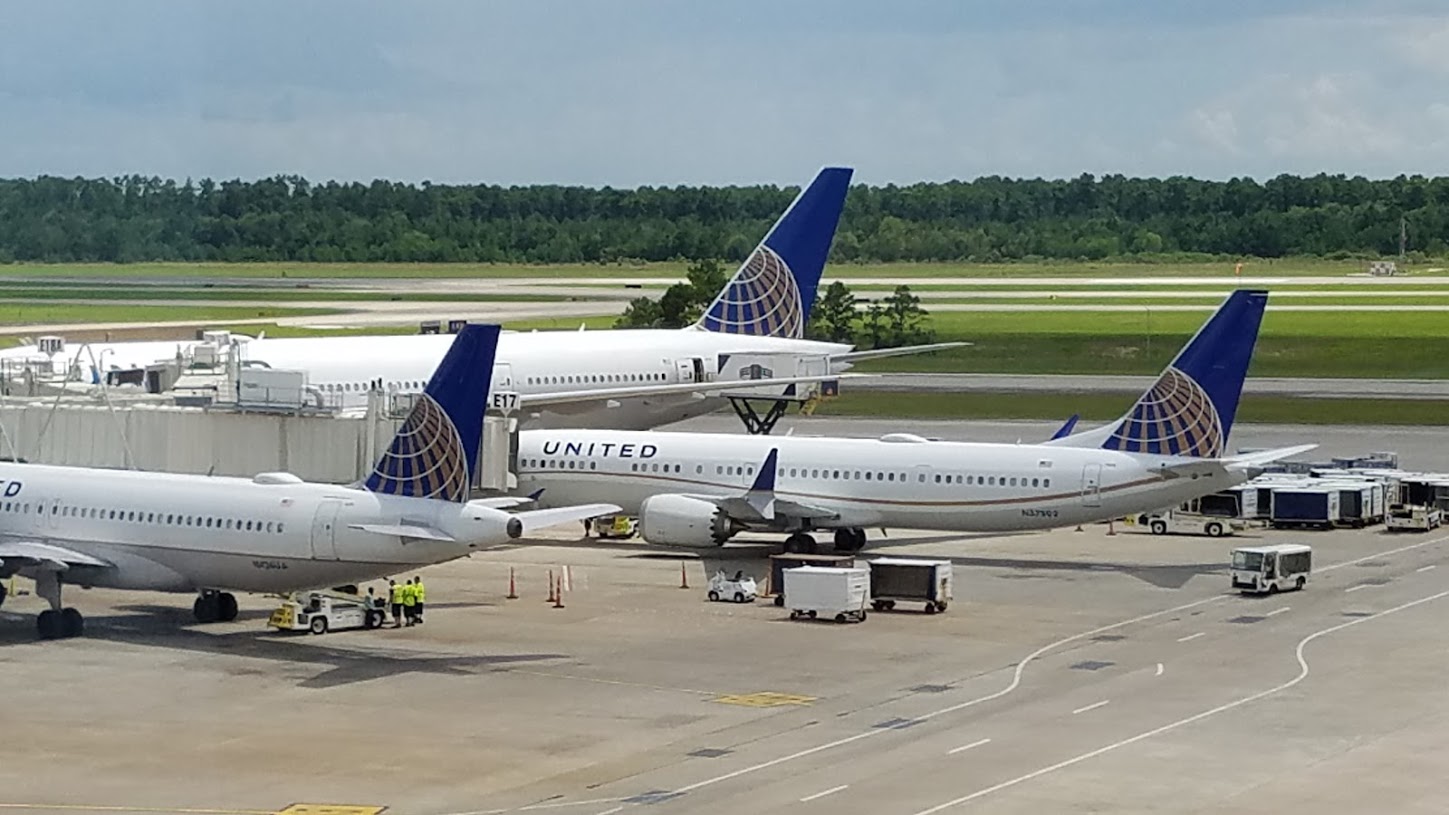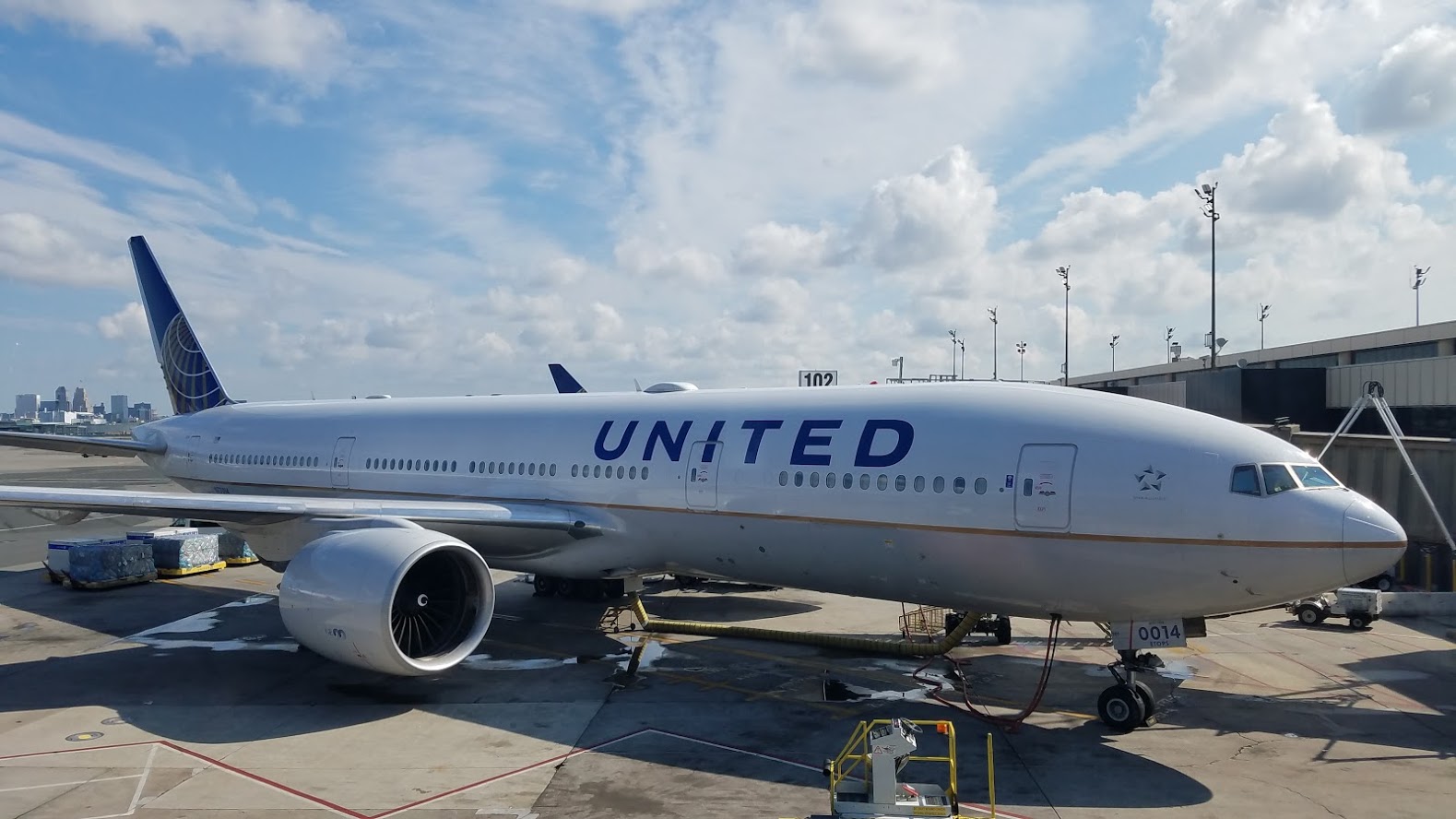United Airlines President and soon-to-be CEO Scott Kirby keynoted the J.P. Morgan 2020 Industrials Conference today. He took a far more aggressive stance on how deep to cut, how bad things can get, than other airline executives. And he was more willing to share specific data on how bad things already are.
I’m a huge critic of Scott Kirby as an airline leader. United has been more customer-unfriendly than other airlines in the current crisis as they are at other times. I’ve seen mostly cuts from United since Kirby came on board, reversing much of the early gains we had seen under the leadership of Oscar Munoz.
However Kirby served as President of US Airways through tough times including the Great Recession. It was a struggling airline to begin with in many ways. He is probably the right person to lead United now while things are tough even if I think they make mistakes with how they treat their customers in the interim.
Kirby shared that they are “planning for this to be relatively short but deep” and that it will have “a large near-term impact on revenue.” How large?
- There was “no meaningful booking affect outside of Asia” two weeks ago when United began to prepare for severe decline in worldwide demand assuming that the virus was “already out and going to be widespread.”
- They’re seeing “large near-term declines in demand similar to Asia.”

United has cut 10% of domestic flying and 20% of international for April. But that looks like it isn’t enough. Kirby says May’s cut will be “at least 20%” with “each month after at least as large or larger until [they see] concrete signs of returning demand.” (emphasis mine)
Why does Kirby think these? Because he’s seeing revenue data for the industry, and sharing his own “real time data from the past 3-4 days.”
- Net bookings to Asia and Europe (new bookings minus cancellations) are down 100%.
- Gross bookings – new bookings only – are down 70% in the Pacific (so some new tickets are selling)
- Gross bookings to Europe are down 50%
- Domestic net bookings are down 70%, and gross bookings down 25%
Bookings are down even though most customers likely do not know that United is the airline you uniquely do not want to buy tickets from right now since they won’t give you your money back even if they change your flight schedule by 24 hours.
The airline is “planning plan for further domestic bookings to deteriorate” as the public’s concern gets worse before it gets better.
As a result United is:
- Beginning reductions in capacity, capital expenses and operating expenses
- Raising liquidity – they just added $2 billion (secured with older aircraft), bringing them to $8 billion total [like American, United has a covenant requiring a minimum of $2 billion cash]
- Capital expenses for the year are now projected at $4.5 billion down from $7 billion. Since they’ve already spent $2 billion this year, that’s a 50% cut for the rest of the year.
- Stopped stock buybacks (effective February 24) and eliminated discretionary operating expenses
- Not going to take any new aircraft that are not fully financed

United is planning for revenue to be down 70% in April; 70% in May; 60% in June; 40% in each of July and August; 30% in each of September and October; 20% in November and December. That’s “more severe than anything we’ve seen anyone else publish.”
Kirby caveats this is “not a forecast,” it’s the dire scenario they’re planning for. This is worse than 9/11 for the airline business, where demand was “down 40% for 2 months..before recovering.” It took 14 months for demand to fully recover after SARS. Their scenario for this is 18 months.
United won’t add back capacity until demand recovers. They’ll be cancelling flying “on a rolling 90 day basis.” And capital expenses “won’t come back for 2-4 years.” They won’t “restart deferred capex until they’ve [strengthened the balance sheet].”


Get your AA (and Norwegian Air) merchandise now because they wont make it to August.
Two questions:
Does this affect Polaris retrofit schedule or is that not included in capital spending?
Why did I pay $720 for a last minute DEN-PHX flight if they are trying to not scare people away?!?
@Steve because your last minute ticket isn’t a concern – You clearly need to get somewhere. If you’re buying a near-term ticket with all that’s going on, you’re probably captive anyways and the normal-business rules apply. You paid $720 because competitors weren’t much cheaper, or you’re driven by loyalty. PHX is an AA hub, so i’ll wager that AA was priced similarly.
The issue is for future leisure bookings, conference bookings, etc. that are planned more than 2 weeks out.
What do you expect? Airports/airplanes have got to be one of the worst places in terms of catching something because you are crossing paths with people from all over the world.
Hospitals and doctors were already getting stretched thin, this may just show how terrible the medical care is in the US.
And we always knew people don’t react proportionally, we see that with the ridiculous toilet paper runs on stores like Costco. At the same time you have those who don’t react at all and end up making things worse by being a carrier of a disease. They may recover but not others they infect.
I’d like to take a trip to visit family and I’m not overly concerned about flying but the last thing I want to do is to pick up something, not realize it, and then transmit it to an older relative.
It is kind of a weird virus in that young kids don’t seem to be affected by it much, usually things like flu affect both the very young and the very old the most.
I travelled after 9/11 it was a bit weird but with some extra security you felt safe. With a virus that is still being studied and no simple cure/vaccine for, it is more scary for people. We already know that airplanes and large facilities are not well cleaned/sanitized.
I have some allergy/sinus issues that causes me to cough occasionally. I almost want to have a shirt or sign saying “Sorry but it is only an allergy, I don’t have the virus! If I did have it, that means I’ve had it for over a year now”.
Over-reaction? Under reaction? Won’t know until it is over. The only thing that really matters is how people react to it and that isn’t controllable.
Yet investors liked the news and stock is up over 10% today – guess they were preparing for worse on the cash front
Curious about your thoughts Gary: if these numbers actually come true, how much trouble is AAL in? Any other US airlines that might be in trouble?
This would be a great time for an award sale. Fill some planes and get some liability off the books.